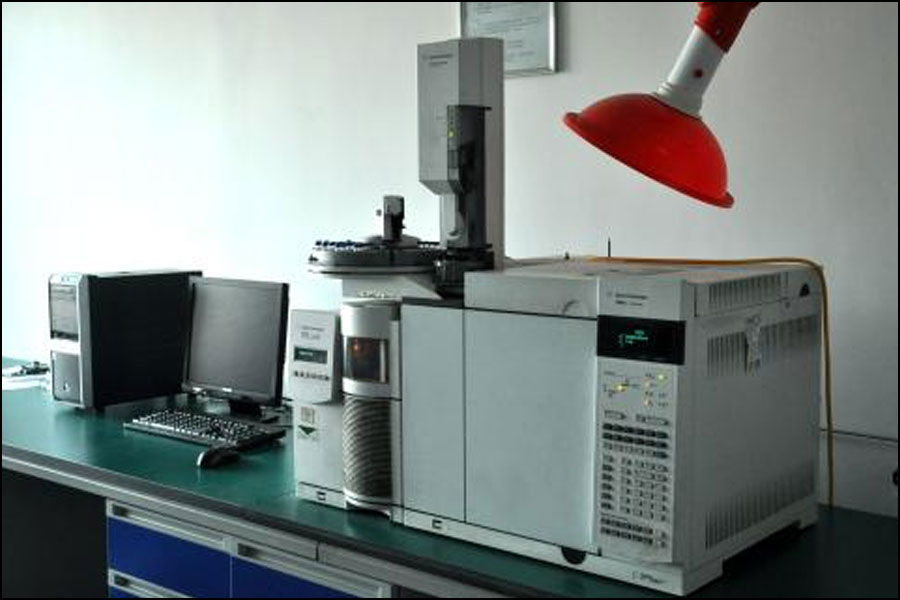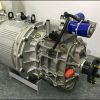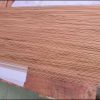
- Check for shrinkage porosity, shrinkage cavity and other casting defects; generally, observe the feeder to understand the feeding condition and observe the processing surface to judge whether the beryllium copper products have shrinkage porosity or shrinkage cavity defects. Part of the beryllium copper plate is used for water transportation in the mold, and water seepage occurs. Wonder further improves the reliability of detection accuracy through ingot sampling and probe analysis.
- Hardness testing: Hand-held rebound hardness testers are generally used, and the testing accuracy is not high. It is recommended to use a desktop press-in hardness tester for high detection accuracy.
- Comprehensive performance testing such as tensile and elongation; generally through turning processing, observing the continuity and elasticity of turning chips.
- Analysis of beryllium copper material; generally judged by experience, no detection means, some adopt hand-held direct reading spectra, and the accuracy is not high, which causes fluctuations in the production of beryllium copper and unstable performance. Wonder uses ICP equipment to quantitatively analyze the composition of raw materials and castings. The composition of beryllium copper-beryllium, cobalt, nickel, silicon, Ti, rare earth, and copper is stable, and the product performance is stable and reliable.






